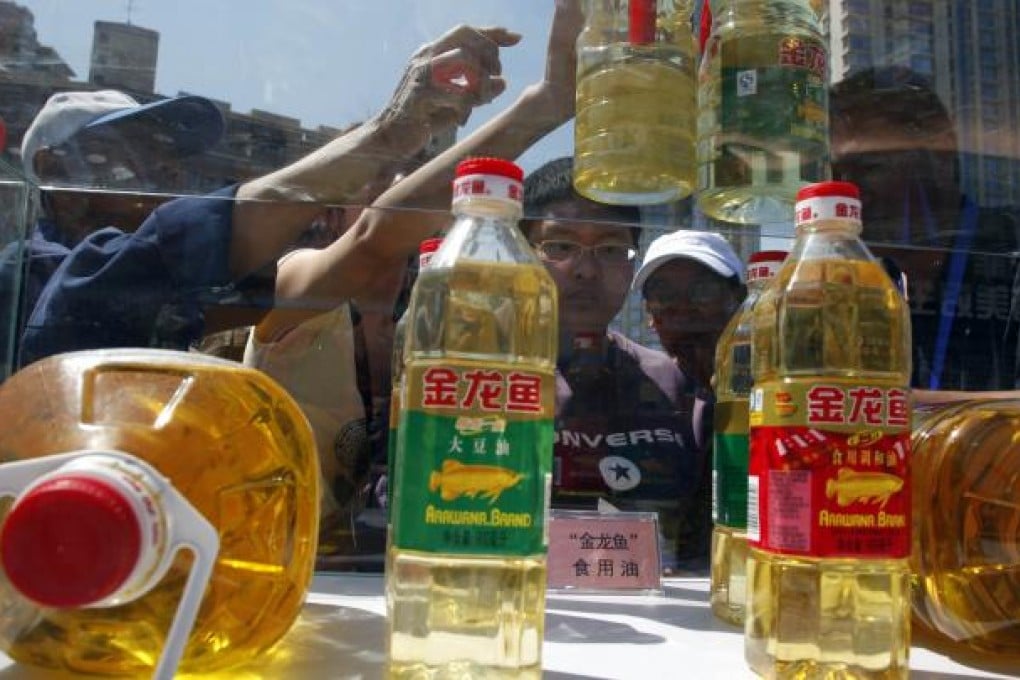
When the mainland media showed disgusting images of how cooking oil is processed and stored in some areas a few months ago, the Hong Kong public watched with a mixed sense of shock and relief. While it is astonishing to see kitchen waste dredged from restaurant drains and reprocessed for cooking, we are also grateful for our more stringent safety rules and surveillance here. Our food is, by and large, safe to eat.
However, with 90 per cent of our food supply coming from the mainland, there is always a danger of contaminated food slipping across the border. Reports on the "gutter oil" scandal should, therefore, serve as a timely reminder for our authorities to step up monitoring. Sadly, the Centre for Food Safety only acted in the wake of local media reports this month that some city restaurants were using substandard oil. It later confirmed that of 39 cooking oil samples taken for testing, four from an oil plant in Kwai Chung and its supplier in Tuen Mun were found to contain benzopyrene - a cancer-causing substance - at levels higher than the European Union's limit.
The government, meanwhile, has sought to assuage fears, saying the health risks are not high. But the recall it ordered sits oddly with the assurance. Priority should now go to tracing the source of supply and ensure it will not be consumed again. Dissemination of clear information, such as where they are found and the health risks involved, is also essential. It alerts the public and helps us make informed choices.
Equally important is an effective law to punish unscrupulous traders. Sadly, the carcinogen found in the samples is not covered by the law at present. The lack of statutory control makes prosecutions difficult. A review is needed to plug the loophole.
One thing that sets Hong Kong apart from the mainland is our relatively sophisticated food safety control. But there is no room for complacency. The food scares underline the importance of increased vigilance and closer surveillance.
